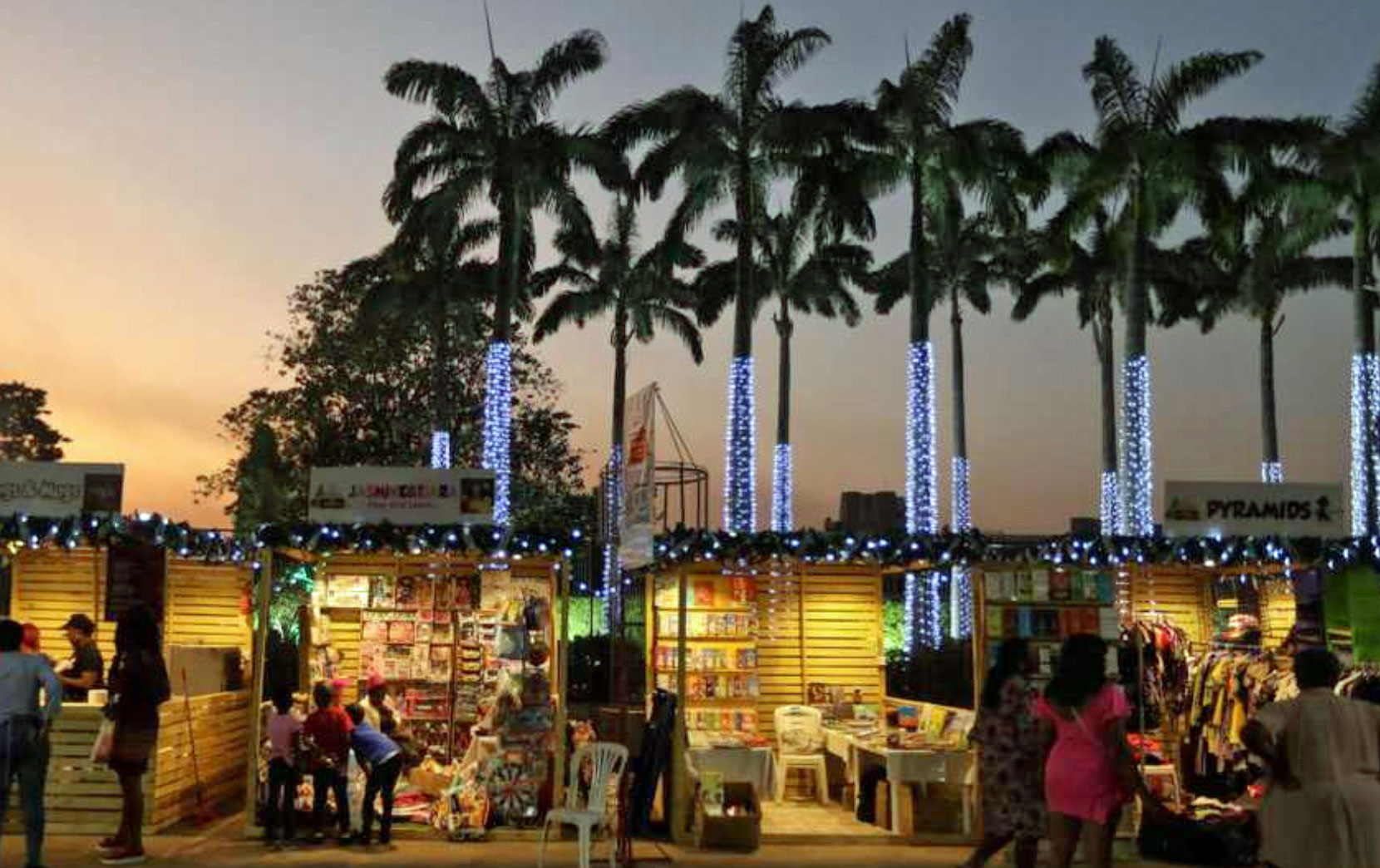At Christmas time, many LGBTQ+ Nigerians dread returning to homophobic relatives
Colin Stewart is a 45-year journalism veteran living in Southern…
Anti-gay stigma remains strong in Nigeria, where same-sex relations are punishable by prison

The holiday season can be a time of stress and isolation for LGBTQ+ Nigerians,
Thomson Reuters Foundation reports:
By Shade Mary-Ann Olaoye
ABUJA, Dec 14 – Christmas can be a fraught time for LGBTQ+ people, some of whom might be estranged from their families while others dread festive gatherings with intolerant relatives.
But LGBTQ+ Nigerians who celebrate Christmas face a double whammy of social stigma and a legal ban on gay sex in the deeply religious country, where many reject homosexuality as a corrupting Western import.
Some Nigerians decide to go back into the closet for the duration of the festive season, hiding their true identity when they visit their families.
“Going back home during the festive season, I wasn’t open with my siblings,” said Ernest, a 25-year-old gay man living in the southern city of Port Harcourt. He asked for his surname not to be used for personal safety reasons.
“I had to protect my space, had to protect myself so I wouldn’t overshare or talk about my experience in school or the kind of life I lived,” he told Openly about his time as a student.
LGBTQ+ people face discrimination in many African countries – for example, this year Uganda enacted one of the world’s toughest anti-LGBTQ laws, including the death penalty for “aggravated homosexuality”, and Nigeria is no exception.
It ranked 161st out of 175 countries for social acceptance of LGBTQ+ people, according to a 2021 report by the Williams Institute, a research institute within the University of California, Los Angeles.
Some people in the culturally conservative country of more than 200 million think homosexuality is a sin and see same-sex relations as being at odds with the nation’s culture and beliefs.
Widespread discrimination that hampers access to jobs, housing and healthcare also plays out at home.
“The festive season is really challenging for queer people around the world who have unaccepting families,” said Folajaiye Kareem, lead psychologist and founder of Elite Life Consulting in Abuja.
“For the queer Nigerian, it even comes with an additional difficulty because our communal lifestyle encourages group behaviours that can entertain disparaging remarks from just anybody about their sexuality,” Kareem said.
Anti-LGBTQ+ laws
Recalling his time as an undergraduate, Ernest said he lived two completely separate lives depending on whether he was at university or at home – even down to how he dressed.
“When I gained admission (to university) in 2015, I knew that it was a place where I could be who I was with the right friends,” he said.
“Each time we had breaks and had to go home, I had to pretend and put in too much energy in trying to appear the way my parents would understand.”
Nigeria’s federal anti-LGBTQ+ law makes same-sex sexual activity punishable by up to 14 years in prison. Even public signs of affection between gay couples are outlawed.
In addition, in the predominantly Muslim north, states use sharia courts to punish residents for crimes ranging from adultery to blasphemy, and same-sex relations.
Last year, a sharia court in the state of Bauchi sentenced three men to death by stoning after convicting them on charges of engaging in homosexuality.
Almost 50% of Nigerians are Christian, according to the CIA World Factbook, and Christmas is a major holiday in many parts of Africa’s most populous country.
Yet Cleo, a writer who lives in Abuja and identifies as pansexual – someone who is attracted to people of all genders – dreads the festive season.
Cleo, 25, said she gets through the festivities by “straight acting”, which at least avoids questions about her sexuality.
“It only gets really uncomfortable when (my family) start bringing up questions of marriage or bringing somebody home,” said Cleo, who also did not want to disclose her full name.
“Even though I’m pansexual, I lean more towards dating women,” she said, adding that one day she hoped to be able to marry a woman.
Frequent rows, hostility and awkward questions mean some LGBTQ+ people prefer not to visit their families at Christmas, though that can lead to feelings of isolation and other mental health issues.
Others are not prepared to hide.
Jacques, who identifies as transmasculine, said going home to visit his family was difficult.
He told his father he was a lesbian when he was 17 but is yet to come out as trans.
“It took a lot of fighting to get here,” he said, asking for his age and home city not to be published to protect his identity.
Today, he said he was determined to be himself and dress the way he wants – including at Christmas.
“It’s the only thing I can have to myself unapologetically,” he said.




